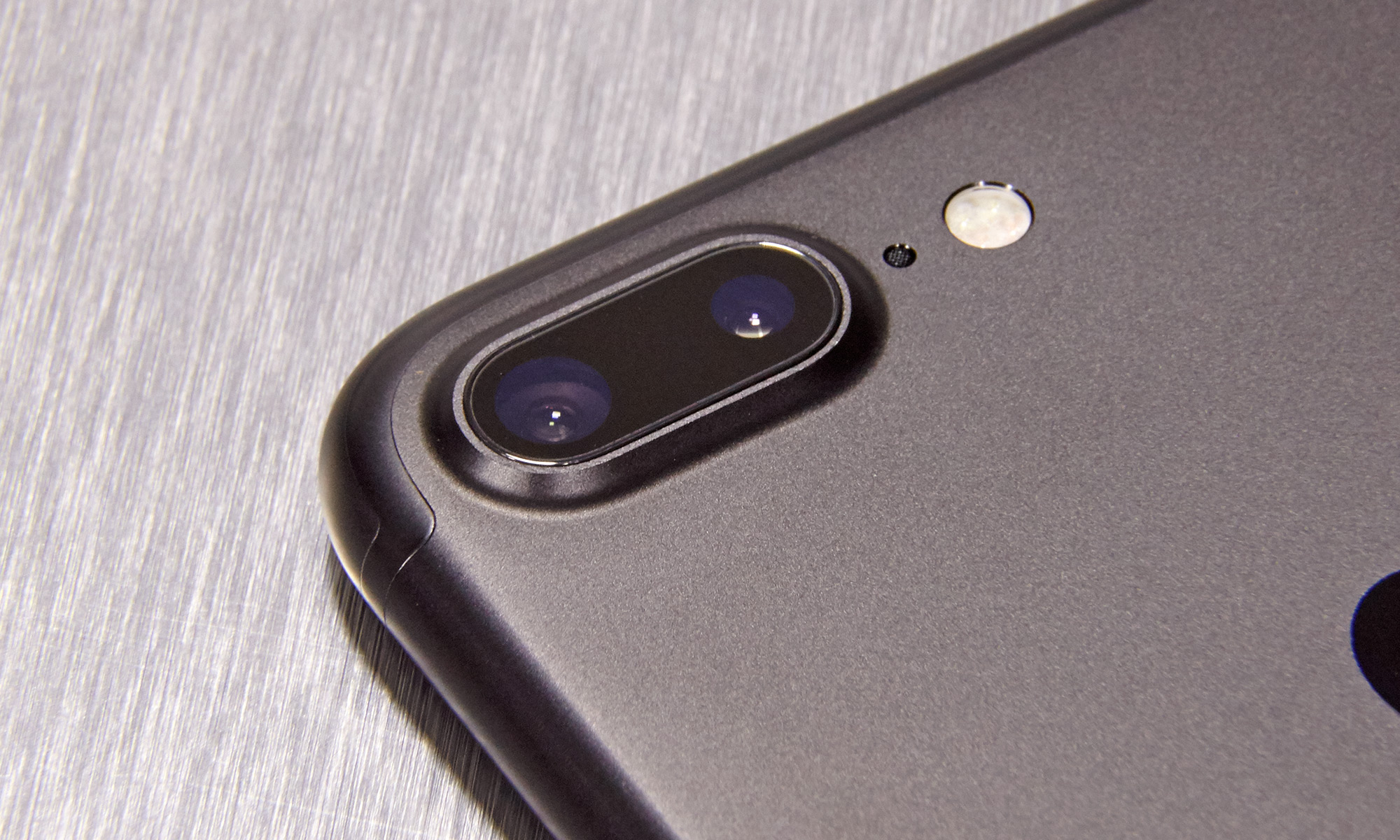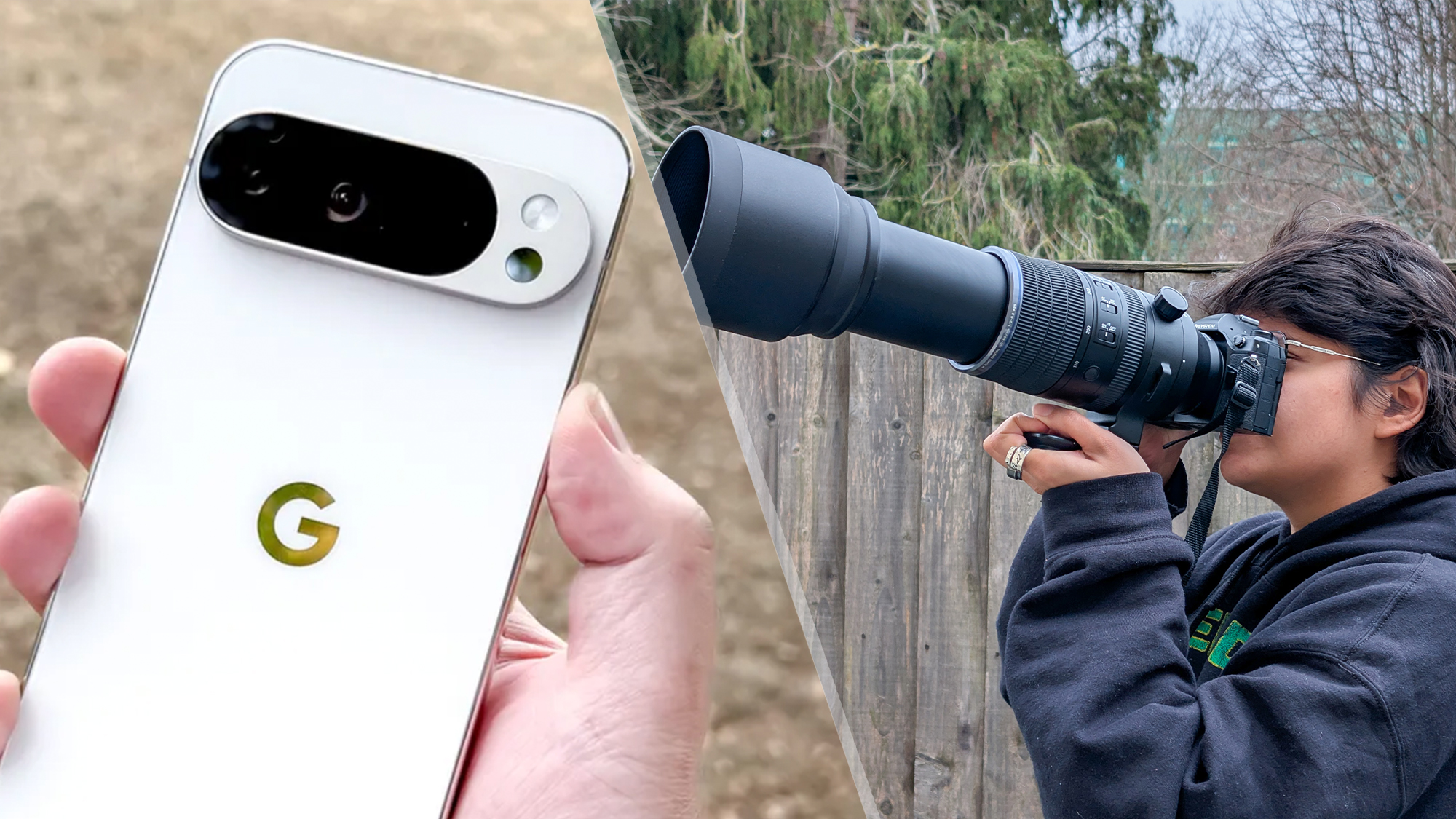Why the iPhone 7 Plus Is Now the Phone to Beat
Apple is reporting strong demand for the iPhone 7 Plus, which means the big-screen phone could be the biggest winner from Samsung's Note 7 failure.
Here at Tom’s Guide our expert editors are committed to bringing you the best news, reviews and guides to help you stay informed and ahead of the curve!
You are now subscribed
Your newsletter sign-up was successful
Want to add more newsletters?

Daily (Mon-Sun)
Tom's Guide Daily
Sign up to get the latest updates on all of your favorite content! From cutting-edge tech news and the hottest streaming buzz to unbeatable deals on the best products and in-depth reviews, we’ve got you covered.

Weekly on Thursday
Tom's AI Guide
Be AI savvy with your weekly newsletter summing up all the biggest AI news you need to know. Plus, analysis from our AI editor and tips on how to use the latest AI tools!

Weekly on Friday
Tom's iGuide
Unlock the vast world of Apple news straight to your inbox. With coverage on everything from exciting product launches to essential software updates, this is your go-to source for the latest updates on all the best Apple content.

Weekly on Monday
Tom's Streaming Guide
Our weekly newsletter is expertly crafted to immerse you in the world of streaming. Stay updated on the latest releases and our top recommendations across your favorite streaming platforms.
Join the club
Get full access to premium articles, exclusive features and a growing list of member rewards.
iPhone sales dropped for a third consecutive quarter from July to September, and Apple's fiscal fourth quarter revenue was off 9 percent from where it was a year's ago. So why did Apple executives seem so upbeat as they talked about the company's financial performance with Wall Street analysts today (Oct. 25)?
Because early sales of the iPhone 7 and 7 Plus were pretty strong, according to figures released by Apple. And based on the guidance the company is giving Wall Street, it sounds like Apple's expecting iPhone sales in general — and the iPhone 7 Plus in particular — to pick up as the holiday season approaches.

The timing of Apple's projected rebound in iPhone sales comes as its chief rival Samsung is still reeling from the Note 7 fiasco. With Samsung recalling its big-screen phone after reports of explosions and trying to re-establish trust with customers that its products are safe, Apple looks like it expects some of those customers to give the iPhone a try.
It also doesn't help that there have been a few reports of Galaxy S7 Edge fires.
MORE: 10 Reasons the iPhone Beats Android
The story's in the numbers. Apple sold 45.5 million iPhones during its fourth quarter ended Sept. 24. While that was down 5 percent from iPhone sales in the year-ago quarter, it's worth noting that analysts expected Apple to only sell 44.8 million phones. Apple executives credited the iPhone 7 and 7 Plus for the better-than-expected performance, which is significant since the new iPhones only began shipping a week before the quarter ended.
Apple doesn't break down sales figures by unit, but both CEO Tim Cook and chief financial officer Luca Maestri noted that demand for the new phones far outpaced supply, particularly for the iPhone 7 Plus. In fact, Cook was reluctant to say whether Apple expects to be able to meet demand by the end of the year. "The underlying demand looks extremely strong on both [iPhones], but particularly on the iPhone 7 Plus versus our forecast going into the product launch."
The real story, though, lies in Apple's projected revenue for the current quarter. Apple told analysts it expects to tally between $76 and $78 billion in sales during the holiday season, which would be on par with the record $75.9 billion it did in the same period last year. With iPhone sales making up the bulk of Apple's revenue — phones accounted for 60 percent of the company's sales in the just-completed quarter — it's clear Apple expects continued interest in the new iPhones.
Apple executives didn't mention Samsung explicitly, but it doesn't require a big logical leap to see that Apple senses an opportunity with the Note 7 now on the sidelines. The iPhone 7 Plus boasts dual rear cameras that compare very nicely to best-in-class shooter featured on Samsung's flagship phones. And while the 1920-by-1080 resolution on the Plus's 5.5-inch display can't measure up to the 5.7-inch Quad HD AMOLED panel on the late, lamented Note 7, it still offers a big-screen alternative to mobile phone users who demand a lot of display real estate.
The challenge for Apple is that it's not the only option for disaffected Samsung customers. Google's recently released Pixel phones have won rave reviews for their cameras, and the 5.5-inch Pixel XL looks like a formidable Note 7 alternative in its own right. LG's 5.7-inch V20 smartphone makes its debut later this week as another option for customers ready to leave Samsung in the dust.
But Apple thinks it can win over Android users, in large part because it already has. "Fiscal 2016 saw more customers switch from Android to iPhone than ever before," Cook said during his briefing with analysts. Both Apple's ability to keep convincing smartphone users to switch and the iPhone 7 Plus's ability to measure up to rival Android devices will go a long way in deciding who grabs those Note 7 customers looking for a new phone.
- Google Pixel vs. Galaxy S7 vs. iPhone 7: Camera Face-Off
- Here's How Well Portrait Mode on iPhone 7 Works
- The Best iOS Apps You're Not Using (But Should Be)
Get instant access to breaking news, the hottest reviews, great deals and helpful tips.
Philip Michaels is a Managing Editor at Tom's Guide. He's been covering personal technology since 1999 and was in the building when Steve Jobs showed off the iPhone for the first time. He's been evaluating smartphones since that first iPhone debuted in 2007, and he's been following phone carriers and smartphone plans since 2015. He has strong opinions about Apple, the Oakland Athletics, old movies and proper butchery techniques. Follow him at @PhilipMichaels.
-
techy74 but why would Samsung or Windows users down grade to an IPhone 7, when they would loose screen resolution, expandable memory and option of wireless charging oh and 3.5mm phone jack?Reply -
dclose As an Apple shareholder, your article doesn't fill me with optimism. iOS phones are now nearing, or already in, the single digits in market share with Android crowding a 90% market share for Q2 in 2016.Reply
The ability of Apple to survive as essentially a one-trick pony depends on having a fantastic trick, with no other ponies doing equally fantastic tricks. Let's face it, mobile phones are a commodity: they make telephone calls (more or less), take point-and-click pictures, provide Web access, and run small computer programs. Short of exploding batteries, screens that are designed to break with minimal force, and the user-relative desire for pocket-size vs. portable TV-size, they're all pretty much the same. Most of the world don't even have smartphones and the likelihood that they can afford to upgrade in the near future is pretty small. In wealthy economies that can afford smartphones, there is a little room, but not a lot as a fraction of market share. Apple's probability of capturing the remaining 1/3 of Americans who don't own a smartphone is, well, in the single digits. -
michaelmouse DCLOSE: "Mobile Phones" are radios, not telephones, but to operate as a telephone they need a computer attached, which is just part of the reason they are so unpredictable.Reply
 Club Benefits
Club Benefits











